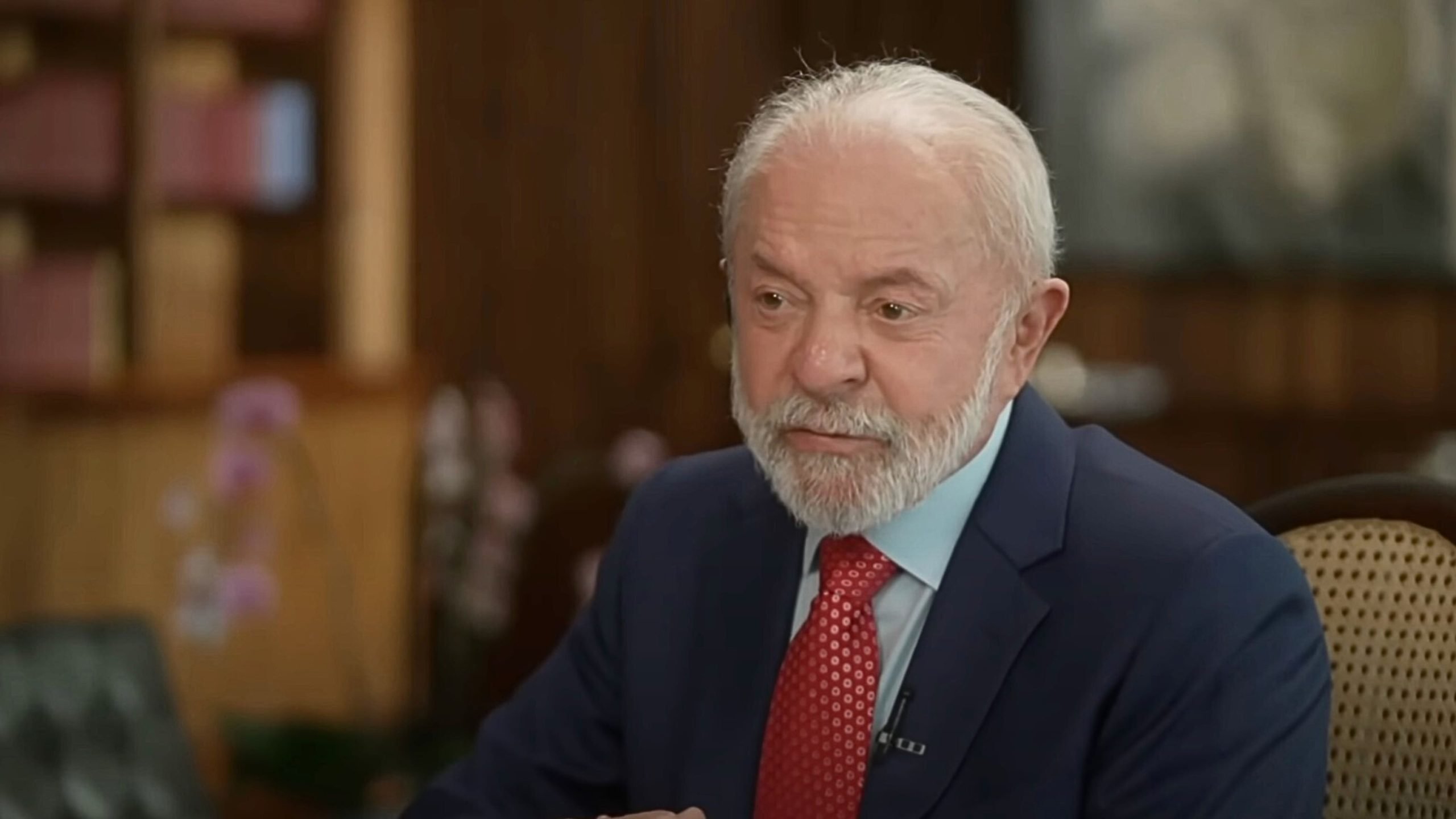Brazil has enacted a new law that mandates age verification across digital platforms, setting the stage for a broader move toward digital identification and the erosion of online anonymity.
President Luiz Inácio Lula da Silva signed the measure into law last week, framing it as a necessary tool to protect children.
However, embedded in the policy is a requirement for platforms to verify the age of all users through mechanisms that extend beyond self-declared age confirmation.
Called the “Adultization Bill” or “Digital ECA,” the law will take effect in 180 days and applies to social media, online games, and other digital services.
Platforms are now required to implement strict safeguards to shield children from harmful or illegal content.
This includes blocking sexual exploitation, harassment, gambling, predatory advertising, and other forms of abuse.
But the most far-reaching element is the obligation for all platforms to adopt age checks that regulators are still defining. This opens the door to digital ID systems that would permanently tie users’ online activity to their real-world identity.
Brazil’s move follows a growing global trend. Governments in the United Kingdom, the European Union, individual states within the United States, and Australia are all pursuing age verification as a pathway to stronger regulation of the internet.
These efforts are often introduced under the banner of protecting children but are increasingly laying the groundwork for mass identification, behavioral monitoring, and an internet where anonymity becomes nearly impossible.
President Lula described the law as a step toward national digital sovereignty.
“Freedom of expression is a nonnegotiable value, but it cannot serve as an excuse for committing crimes in the digital world,” he said, paying lip service to free speech.
The law requires platforms to switch on the strictest parental controls by default. These include time limits, filters on recommended content, blocking of geolocation, and restrictions on adult contact.
For users under the age of 16, accounts must be linked to a verified adult who can oversee usage and receive activity reports.
Penalties for noncompliance are steep, with fines reaching up to 10 percent of a company’s revenue in Brazil, capped at 10 million dollars per violation.
While the law is framed around child protection, the practical outcome is the introduction of infrastructure that transforms how users engage with the internet.










